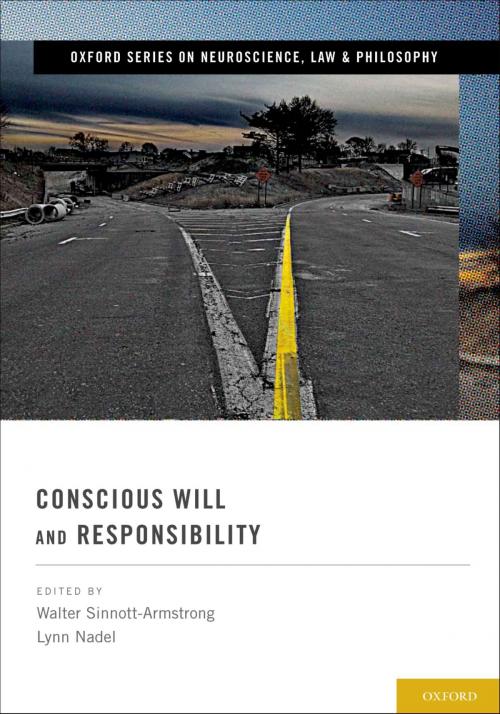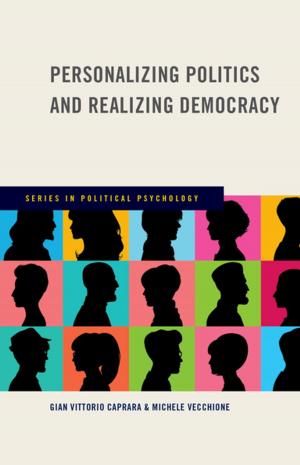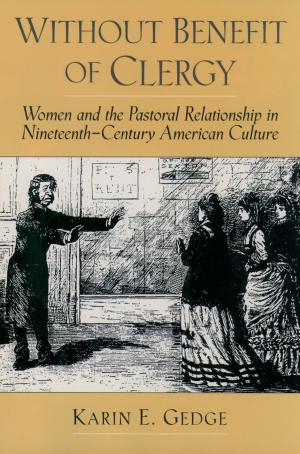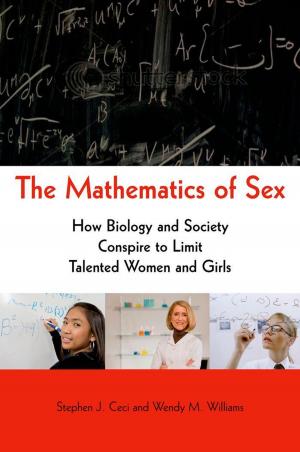Conscious Will and Responsibility
A Tribute to Benjamin Libet
Nonfiction, Health & Well Being, Medical, Reference, Ethics, Psychology, Cognitive Psychology, Science & Nature, Science| Author: | ISBN: | 9780190452360 | |
| Publisher: | Oxford University Press | Publication: | November 24, 2010 |
| Imprint: | Oxford University Press | Language: | English |
| Author: | |
| ISBN: | 9780190452360 |
| Publisher: | Oxford University Press |
| Publication: | November 24, 2010 |
| Imprint: | Oxford University Press |
| Language: | English |
We all seem to think that we do the acts we do because we consciously choose to do them. This commonsense view is thrown into dispute by Benjamin Libet's eyebrow-raising experiments, which seem to suggest that conscious will occurs not before but after the start of brain activity that produces physical action. Libet's striking results are often claimed to undermine traditional views of free will and moral responsibility and to have practical implications for criminal justice. His work has also stimulated a flurry of further fascinating scientific research--including findings in psychology by Dan Wegner and in neuroscience by John-Dylan Haynes--that raises novel questions about whether conscious will plays any causal role in action. Critics respond that both commonsense views of action and traditional theories of moral and legal responsibility, as well as free will, can survive the scientific onslaught of Libet and his progeny. To further this lively debate, Walter Sinnott-Armstrong and Lynn Nadel have brought together prominent experts in neuroscience, psychology, philosophy, and law to discuss whether our conscious choices really cause our actions, and what the answers to that question mean for how we view ourselves and how we should treat each other.
We all seem to think that we do the acts we do because we consciously choose to do them. This commonsense view is thrown into dispute by Benjamin Libet's eyebrow-raising experiments, which seem to suggest that conscious will occurs not before but after the start of brain activity that produces physical action. Libet's striking results are often claimed to undermine traditional views of free will and moral responsibility and to have practical implications for criminal justice. His work has also stimulated a flurry of further fascinating scientific research--including findings in psychology by Dan Wegner and in neuroscience by John-Dylan Haynes--that raises novel questions about whether conscious will plays any causal role in action. Critics respond that both commonsense views of action and traditional theories of moral and legal responsibility, as well as free will, can survive the scientific onslaught of Libet and his progeny. To further this lively debate, Walter Sinnott-Armstrong and Lynn Nadel have brought together prominent experts in neuroscience, psychology, philosophy, and law to discuss whether our conscious choices really cause our actions, and what the answers to that question mean for how we view ourselves and how we should treat each other.















